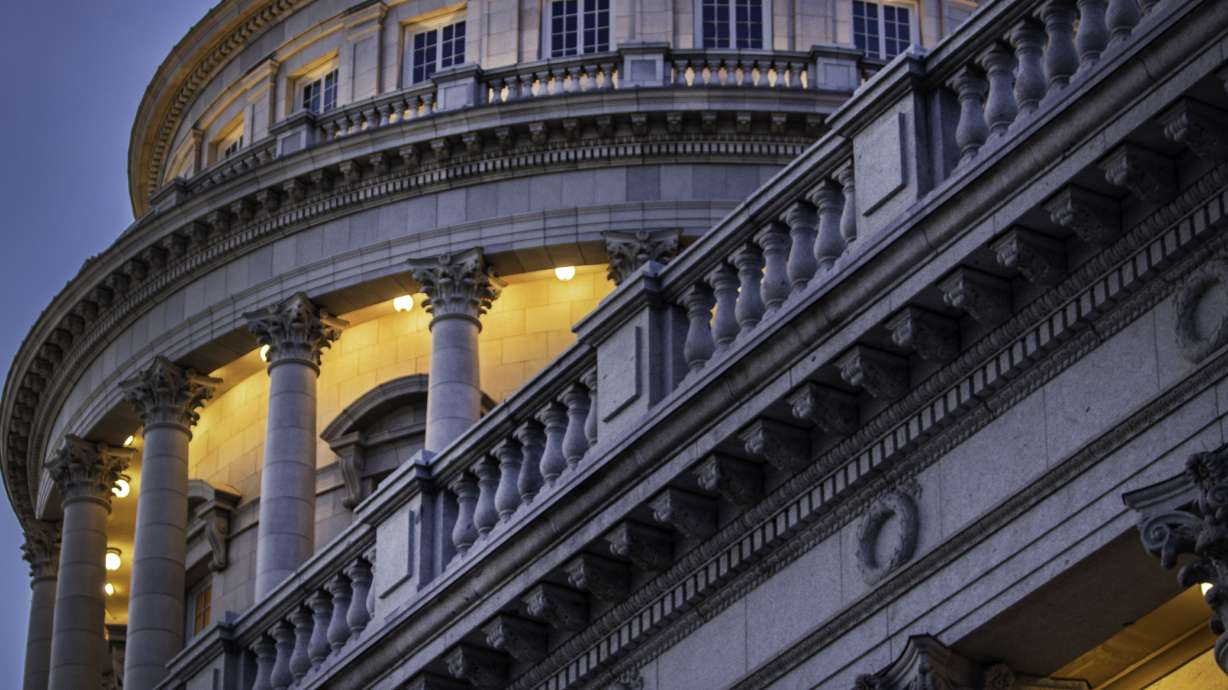Estimated read time: 2-3 minutes
This archived news story is available only for your personal, non-commercial use. Information in the story may be outdated or superseded by additional information. Reading or replaying the story in its archived form does not constitute a republication of the story.
SALT LAKE CITY — A proposal seeking to better shield children from abusers and make protective orders available to more victims of crime cleared another hurdle at the state Capitol Monday.
The measure, HB403, advanced in a unanimous vote from the Senate Judiciary, Law Enforcement and Criminal Justice Committee.
Bill sponsor Rep. Lowry Snow, R-Santa Clara, said his bill would extend the timeframe on a child’s protective order against someone else until the minor turns 18. Previously, the timeframe was 150 days.
The roughly five-month timeframe remains intact if the responding party is a parent, a move that allows a judge in family court to continue to extend and evaluate the order, then potentially reunify a family when it’s safe to do so, said Snow, a former prosecutor.
The bill also clarifies that those who are at risk of dating violence are eligible for protective orders, even if they have not been physically intimate with the other person. The proposal is born out of a task force that included prosecutors, defense attorneys, law enforcers, police and others.
It gives judges more tools to keep victims safe, proponents say.
While Utah currently allows survivors of domestic violence to secure a permanent protective order from a judge at the time their aggressor is sentenced, those who have endured sexual assaults or other serious crimes don’t have that option. The bill would make those orders available in any criminal case, but it’s up to a judge to make the final decision.
It’s kind of a labyrinth to figure out what protective order laws are and where to find them. This will make that a lot easier for everybody.
–Will Carlson with the Salt Lake County Attorney’s Office
Will Carlson with the Salt Lake County Attorney’s Office said the measure also creates more uniformity among a patchwork of laws in the Beehive State, putting a three-year expiration date on most protective orders, whether in the civil or criminal cases.
“It’s kind of a labyrinth to figure out what protective order laws are and where to find them,” Carlson, who helped craft the proposal, told KSL. “This will make that a lot easier for everybody.”
It means a shorter timeframe for a cohabitant protective order — down to three years from 10 years — but it allows a person to petition a judge for an extension based on continued risk or a new offense. Carlson said the change brings Utah in line with most other states and there is no research indicating an ideal length of time.
The bill awaits a vote in the full Senate.









